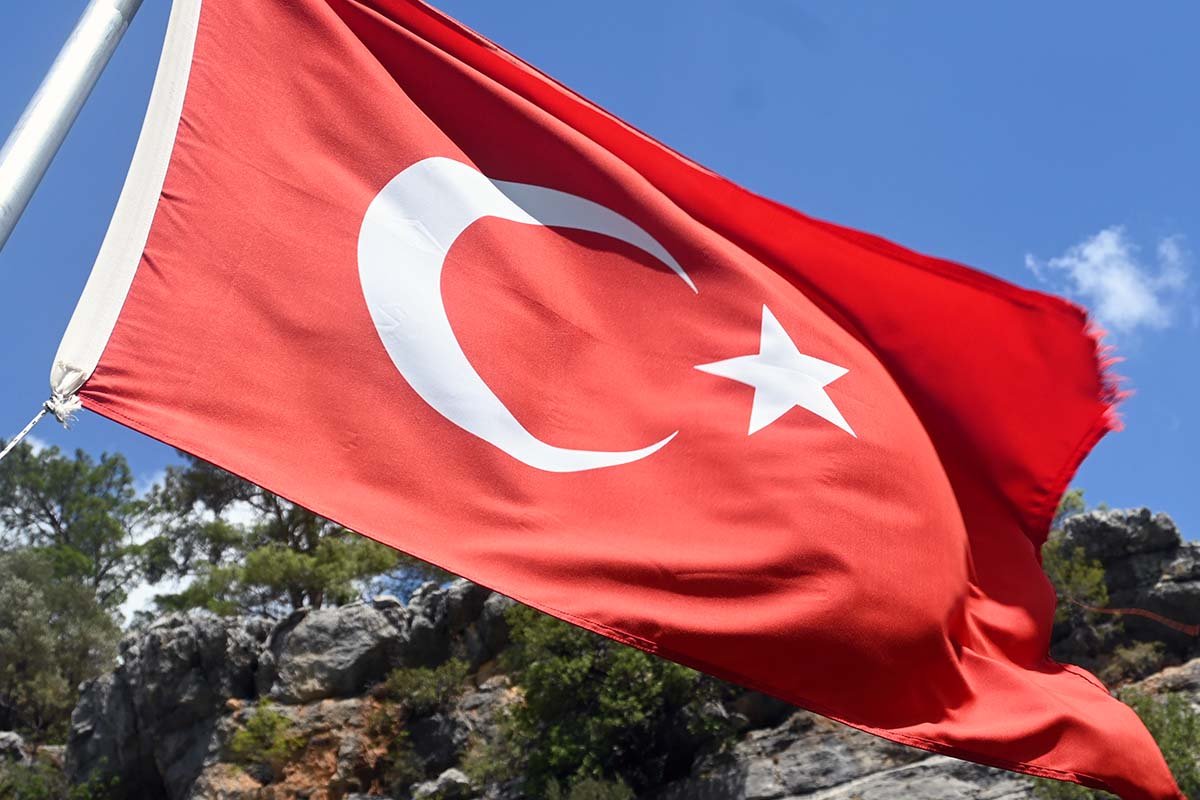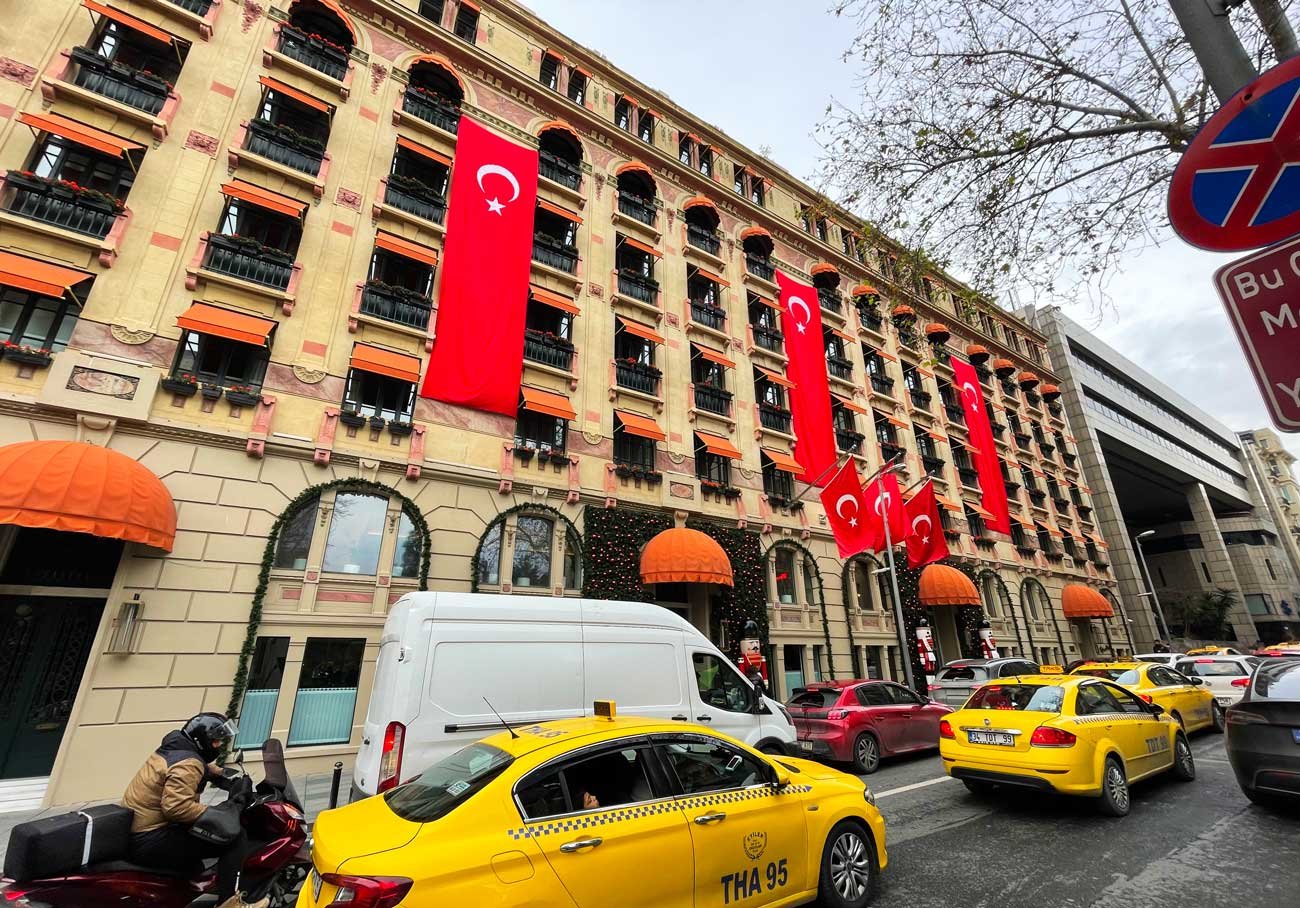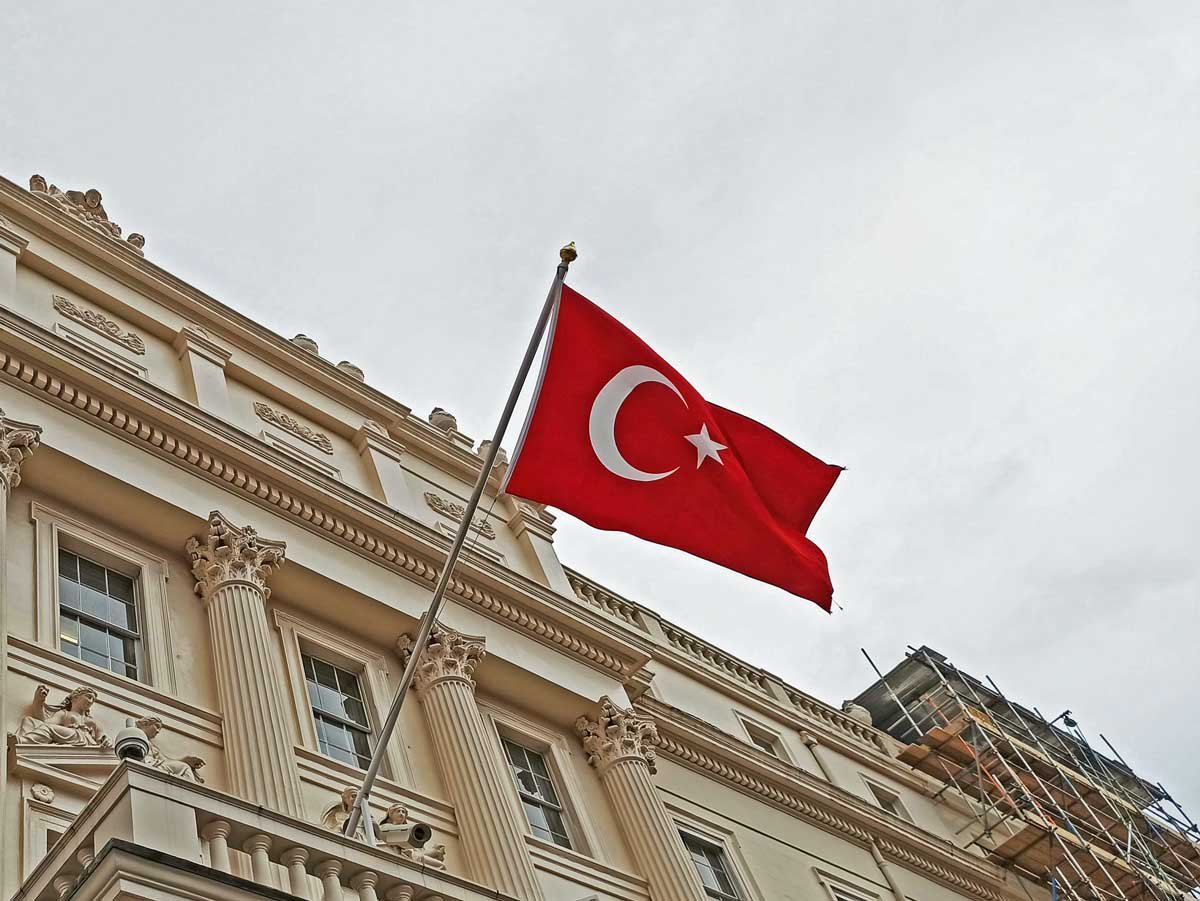Turkey, a country situated at the crossroads of Europe and Asia, has a rich and complex history. In the 15th century, it was conquered by the Ottoman Empire and remained under its rule for over four centuries until World War 1.
After the war ended, a movement led by Mustafa Kemal Ataturk emerged to establish a new republic, which he named "Türkiye Cumhuriyeti" or Republic of Turkey in English.
Key takeaways
In the Turkish language, the country has been called Türkiye since it declared independence in 1923. The name change relates to how the international community identifies the country. From June 2022, "Turkey" officially became Türkiye to the United Nations.
Why Turkey changed its name
When we say Turkey changed its name, it’s not 100% true – Turks have called their country Türkiye (pronounced Tur-kee-yay) since 1923. The change is similar to if Germany requested to be referred to as "Deutschland," which is the name that Germans use for their country.
Turkey began a push for the rest of the world to adopt the Turkish spelling and pronunciation in 2021. Then in June 2022, the country became known as Türkiye to the United Nations.
Over the centuries, Europeans have referred to firstly the Ottoman state and then to Türkiye by many names. But the name that has stuck most is the Latin "Turquia'' and the more ubiquitous "Turkey."
Searching for "Turkey" on the internet has lead to confusion between the country and the North American bird commonly eaten during Thanksgiving. Changing the international name to Turkiye resolves this issue.
The change is intended to reflect the Turkish language's unique phonetics and spelling rules while also emphasizing the country's identity as an independent nation with its own distinct culture. Some may argue that this is merely a cosmetic change, others maintain that it represents an important shift in how Turkey perceives itself both domestically and internationally.
President Recep Tayyip Erdogan said the new name “represents and expresses the culture, civilisation and values of the Turkish nation in the best way”.
Other countries that have changed their names
Turkey is not alone in changing its name to reflect its native language.
In 1935, the country now known as Iran changed its name from Persia, the name predominantly used by Westerners. The term Iran, which means Persian in Farsi, was chosen because it was believed that the country should be identified by its local name rather than a name that appeared to have been forced upon it from outside.
Other countries have undergone changes for various reasons. Burma was renamed Myanmar in 1989 as a way to emphasize national unity and cultural heritage. Ceylon became Sri Lanka in 1972 after gaining independence from British rule.
Think Turkiye not Turkey
Since Turkey has been a popular tourist destination for decades the recent name change to "Turkiye" may confuse visitors who are not aware of the Turkish spelling.
It will take some time for the modified international name to be recognised around the world and reflected in printed material, tourist brochures, signage etc. For now, you can see people using both names.
Many tourism companies and government agencies have been updating the name on their websites.
The decision to change the country's name is an exciting development for Turkey. It shows that they are not afraid to embrace their unique identity and stand out on the world stage.
So next time you see the name Turkey, think Turkiye!

I’m a writer and graphic designer currently living in Turkey with my family. I enjoy learning language, great food (chicken kebab is a favourite at the moment) and experiencing places less-traveled.




